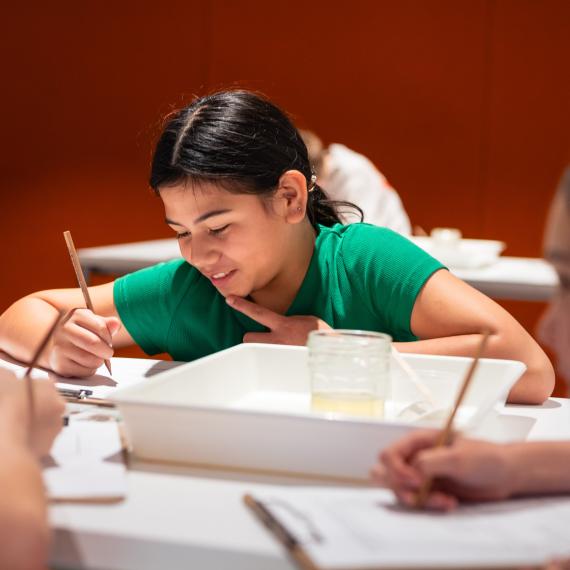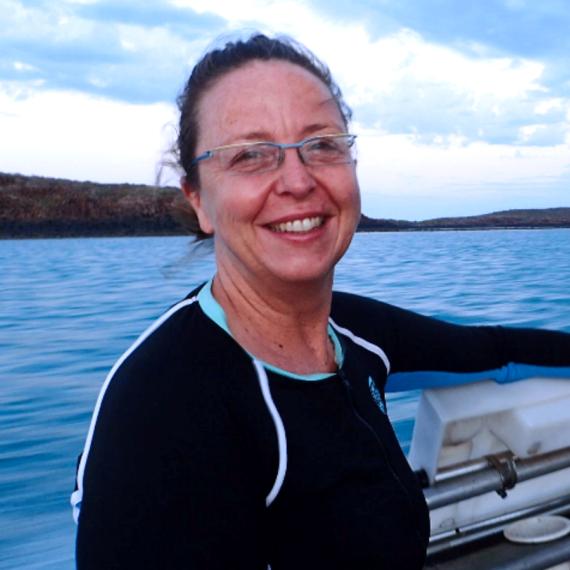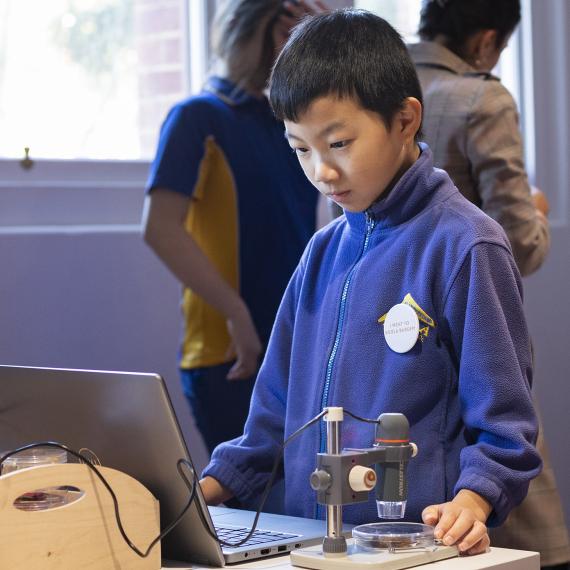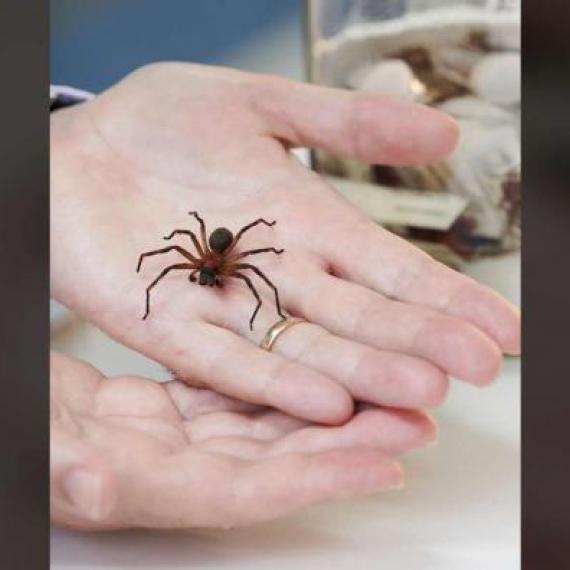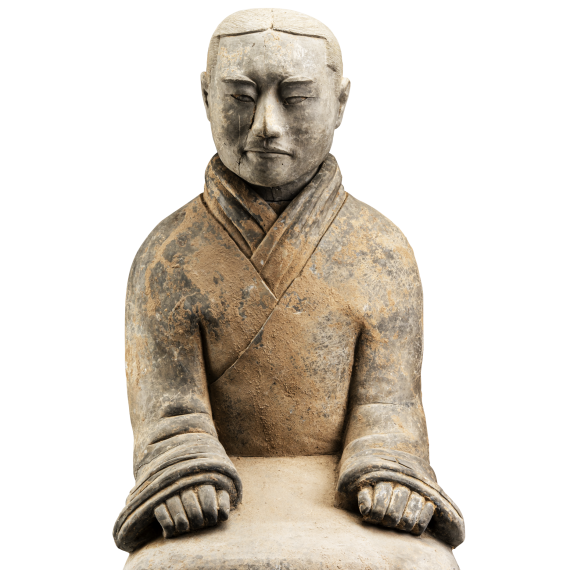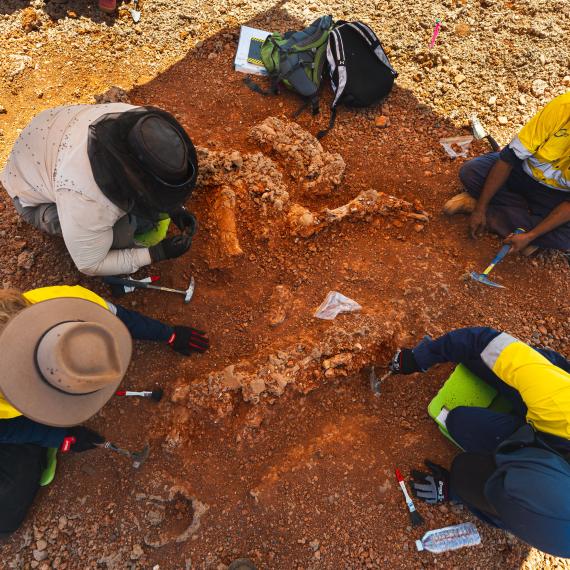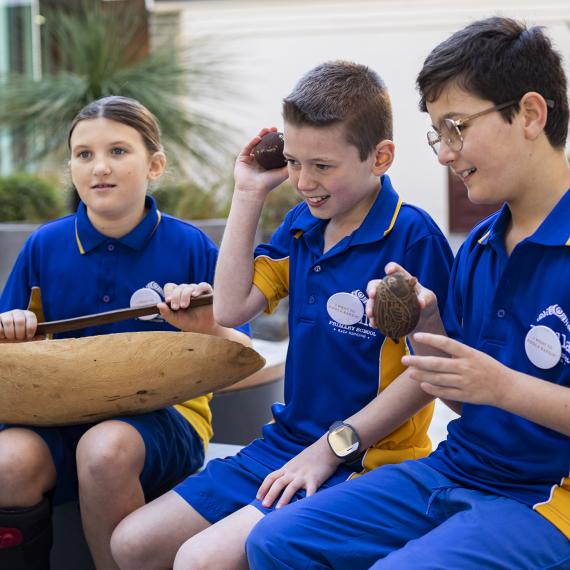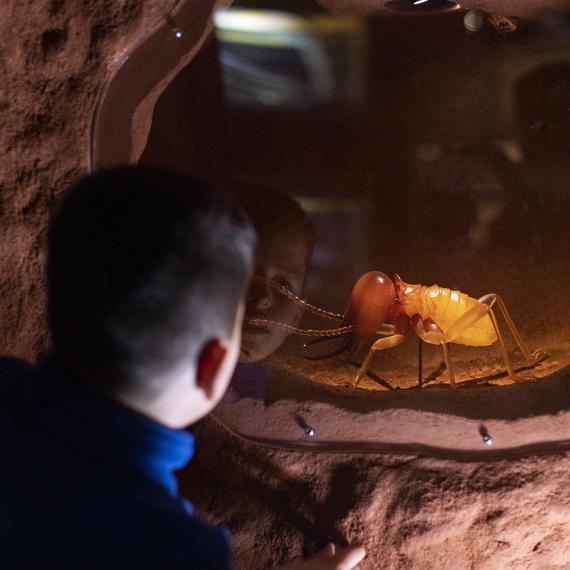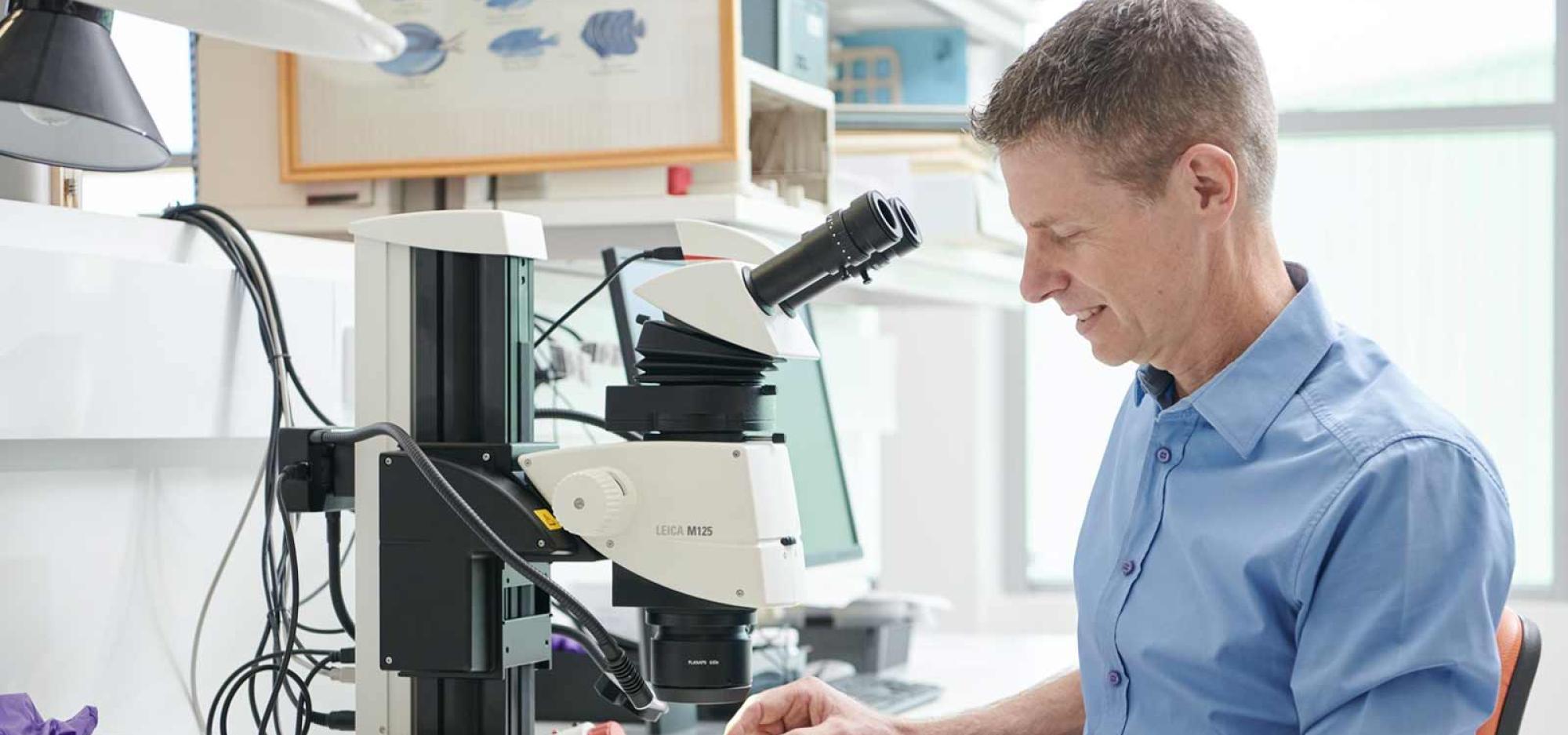
Virtual Labs
Join us online direct from your classroom for a series of Virtual Labs. Discover the upcoming facilitated online programs below and book your space or check out some of our previous virtual labs delivered by scientists and researchers.
Upcoming Labs
Join us for National Science Week 2026!
Monday 17 August - Friday 21 August
Year 9 - 10 | Hear stories from WA's Homefront in this Virtual Webinar presentation
Friday 20 March 2026 | 1.30pm – 2.30pm | WW1
Friday 27 March 2026 | 1.30pm – 2.30pm | WW2
Previous Labs
What does a palaeontologist actually do? What is the best part of their job and what sort of things do you need to know to become one? Helen Ryan, technical officer of palaeontology at WA Museum, lets you in on some of the things she gets up to in her varied role as a palaeontoligist at WA Museum.
Watch on demand
Watch on demand
Watch on demand
Join us online for National Science Week 2025!
Monday 11 – Friday 15 August 2025
How can DNA samples from the Northern Quoll help save their species? Hear about the importance of this conservation approach and how exactly you collect DNA from a quoll that doesn't sit still for long!
Watch on demand
Dr Brian O’Brien was an Australian physicist whose career in space science began in the 1960s designing and launching satellites into space to measure auroras. He also pioneered the study of lunar dust during the Apollo missions, his experiments even ran on the moon! Be inspired and amazed hearing not only about Brian O'Brien's amazing scientific knowledge, but his passion for his scientific endeavours and ever-changing career that spanned 60 years in science.
Watch on Demand
Watch on demand
Explore select highlights of the incredible Terracotta Warriors: Legacy of the First Emperor exhibition — from anywhere!
Wednesday 30 July | 8.30am - 9.30am WST
Tuesday 9 September | 8.30am - 9.30am WST
Friday 24 October | 8.30am - 9.30am WST
Thursday 20 November | 8.30am - 9.30amWST
There are some giant fossil skeletons being uncovered in the Pilbara!
Dr Kenny Travouillon, Curator of Mammalogy at WA Museum, firstly shares the story of the Diprotodon fossils they have been uncovering at the Du Boulay Creek site in northern WA.
Watch on demand
Join Dr Andrew Hosie, curator of crustacea and worms at WA Museum and hear about his current research project. We'll outline the stages of crab development and how identifying crab larvae from plankton samples, then using genetic barcoding to aid in identification, might be useful in future management of our aquatic resources.
Watch on demand
Year 4 – 6 | Engage virtually with stories of first contact based on objects found in the Museum.
Wednesdays & Fridays during term time
9.30am, 10.30am & 1.00pm
Year 4 - 6 | How do humans impact life around us? How do we know? Most importantly, what can we do about it?
Wednesdays & Fridays during term time
9.30am, 10.30am & 1.00pm
